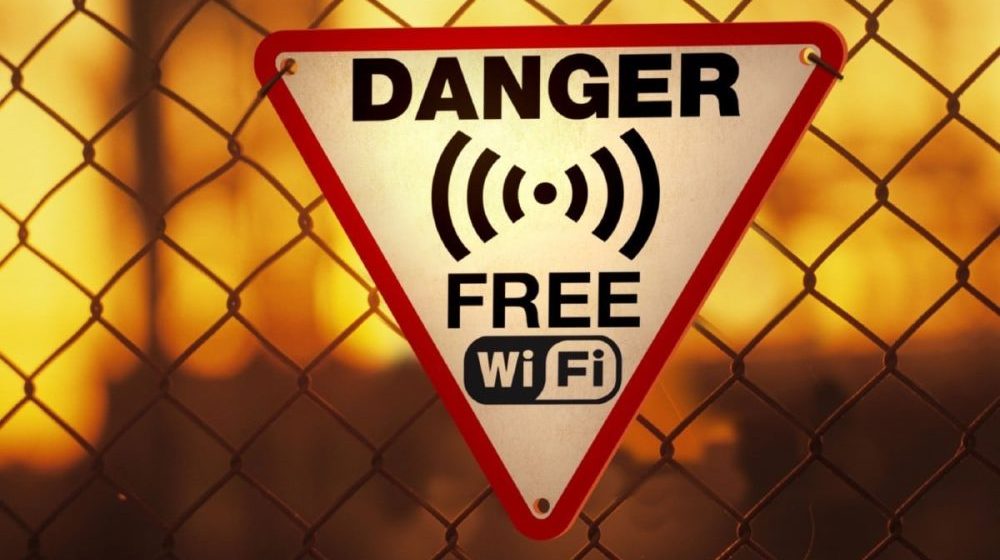A study by cybersecurity firm Kaspersky has revealed that using public Wi-Fi puts users’ data at significant risk. Public Wi-Fi networks, commonly accessed during vacations or business trips in cafes, airports, or abroad, pose a considerable threat to personal data security. Despite the convenience, it is crucial to stay vigilant to protect personal information.
When connecting to these unrestricted networks, several security considerations should be taken into account. Scammers often create fake Wi-Fi networks or compromise existing ones, using names similar to legitimate networks to deceive users. Once connected, sensitive information like social media logins, banking details, and email addresses can be intercepted and misused. Despite these risks, users can take effective measures to protect their data. Kaspersky experts have provided a set of safe practices for using public Wi-Fi networks.
READ MORE: OnePlus 11 Gets Major OxygenOS Update: 1.05 GB of Enhancements
Firstly, it is advisable to use public Wi-Fi only when necessary due to its inherent security vulnerabilities. Users should avoid conducting digital financial transactions, such as using banking apps, on public Wi-Fi. This practice significantly reduces the risk of sensitive data being intercepted.
Using a VPN on public Wi-Fi can enhance internet privacy. However, it is important to choose a secure and reliable VPN, as not all VPNs provide adequate security and anonymity. Modern VPNs encrypt data and shield online activities from unauthorized access without significantly affecting internet speed, making them suitable for continuous use. Following these tips and using a dependable VPN can ensure a relatively secure browsing experience on public Wi-Fi networks. Additionally, comprehensive security solutions that offer protection against various cyber risks, like phishing, can further safeguard data.
Haidar Abbas, Director General of the National Cyber Emergency Response Team (NCERT) Cabinet Division, has also shared precautionary measures for using public Wi-Fi. He recommends keeping the Windows Firewall active to block unauthorized access and ensuring antivirus software is up-to-date. Enabling Two-Factor Authentication (2FA) wherever possible adds an extra layer of security.
Moreover, regularly updating operating systems and software with the latest security patches is crucial. Using secure internet browsers such as Tor or browsers with built-in privacy features like Brave or Firefox enhances security. Users should also consider using secure search engines, such as DuckDuckGo, which do not collect personal information.
By following these guidelines, users can mitigate the risks associated with using public Wi-Fi and protect their personal data from potential cyber threats.



